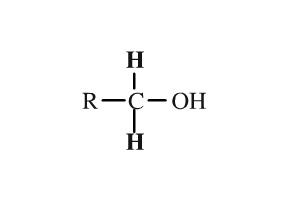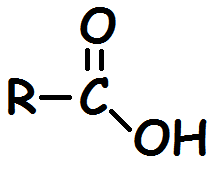I've got a direct injection turbo engine that is known to have fairly high significant fuel dilution (Subaru FA20DIT).
What I want to know is whether fuel dilution trends upwards over long periods of time or whether fuel contamination will hit a certain percentage then maintain an equilibrium where fuel evaporates as quickly as it is introduced. In other words, will changing the oil more frequently prevent high levels of fuel dilution?
I've been looking for some good scientific papers that cover this but I haven't really found anything relevant.
What I want to know is whether fuel dilution trends upwards over long periods of time or whether fuel contamination will hit a certain percentage then maintain an equilibrium where fuel evaporates as quickly as it is introduced. In other words, will changing the oil more frequently prevent high levels of fuel dilution?
I've been looking for some good scientific papers that cover this but I haven't really found anything relevant.





